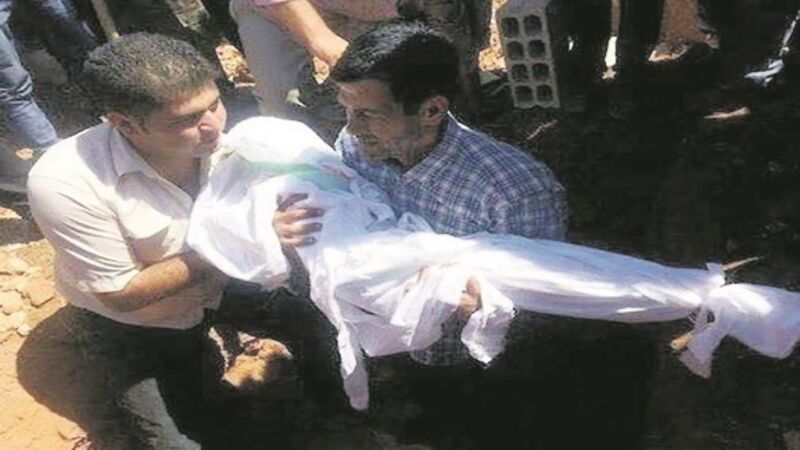Refugee Crisis: Kurdi family buried in hometown

With the burial of his family, Abdullah Kurdi abandoned any thought of leaving his homeland again.
“He only wanted to go to Europe for the sake of his children,” said Suleiman Kurdi, an uncle of the grieving father. “Now that they’re dead, he wants to stay here in Kobani next to them.”














